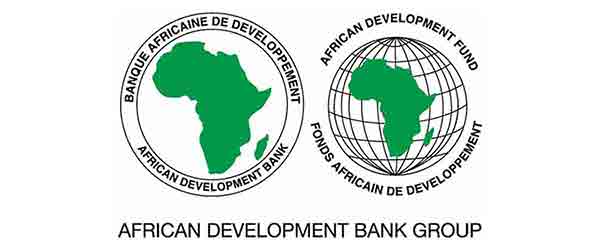By Asmau Ahmad
The African Development Bank (AfDB) and African Union (AU) have signed a protocol of agreement for the AU’s institution capacity building project.
This is contained in a statement by the Communication and External Relations Department on Tuesday in Abuja.
Dr Monique Nsanzabaganwa, Deputy Chairperson, AU Commission and Yacine Fal, AfDB Group’s Acting Vice President, Regional Development, Integration and Business Delivery signed the agreement on Monday in Addis Ababa, Ethiopia.
The statement said that the project was expected to bolster the AU’s efforts to implement Agenda 2063.
According to the statement, it was adopted in 2015. Agenda 2063 is the AU’s vision for an integrated, prosperous, and peaceful Africa, driven by its own citizens and representing a dynamic force in the global arena.
It said that the project which cost 11.48 million dollars, was being supported with grant from the AfDB group’s concessional financing window.
The statement said the project was approved by the board of directors in February, and that the signing of the protocol signalled the start of its implementation phase.
The statement, however, noted that there was a process of consultation that led to signing of the agreement.
“As you know, this ceremony and the signing of the protocol of agreement represent the culmination of a series of interactions and consultations that have occurred between the AU Commission, AfDB and several stakeholders since 2021.
“The project will upgrade and automate several AU systems, including those for information management, procurement and financial management, human resources and results management.
“It will also address gaps in the AU’s continental early warning system, a critical instrument in the prevention and management of conflicts and fragility across the continent,” it said.
The statement added that among key priorities the two institutions shared are to drive regional integration and build the capacity of African institutions and businesses.




